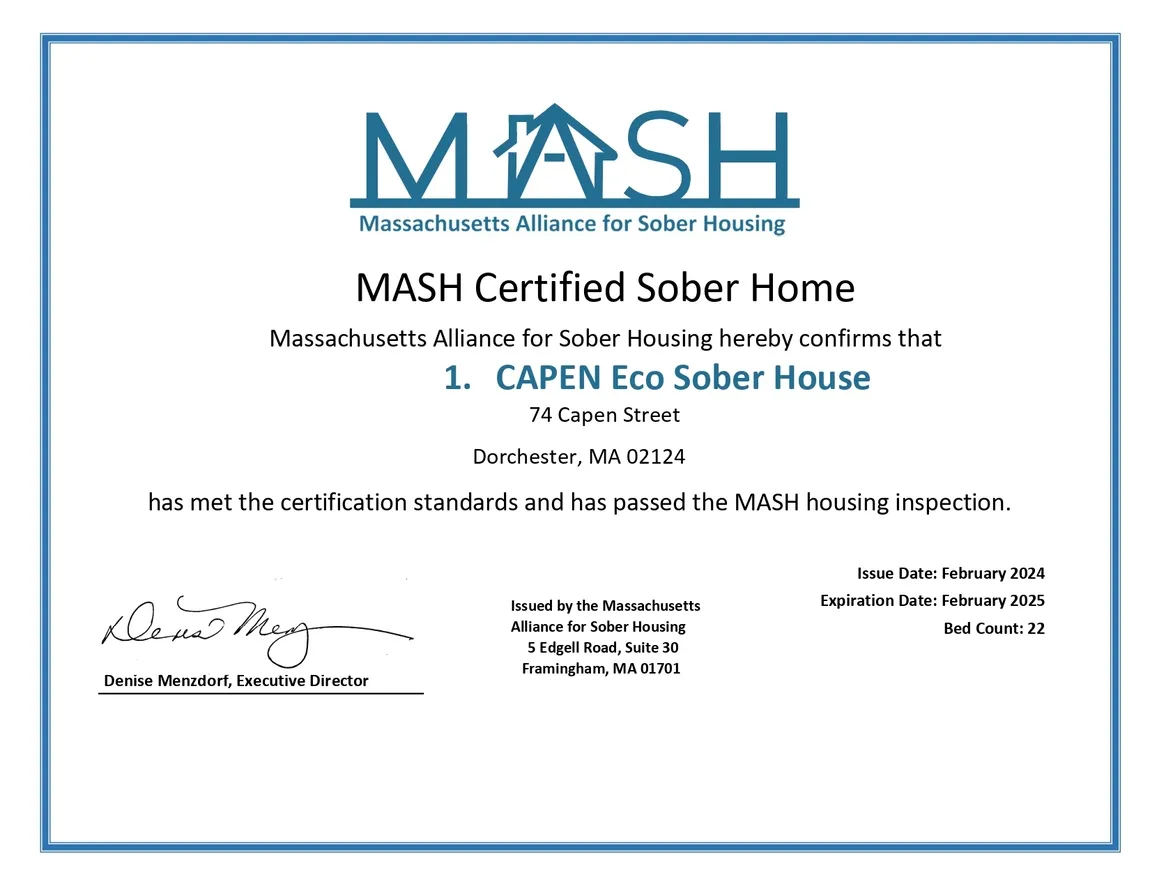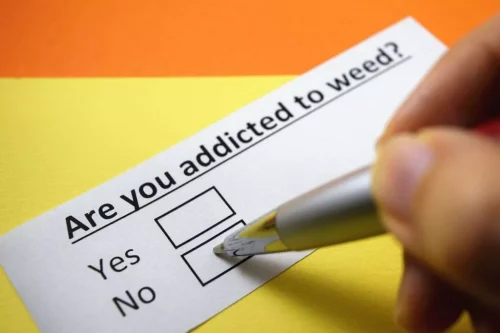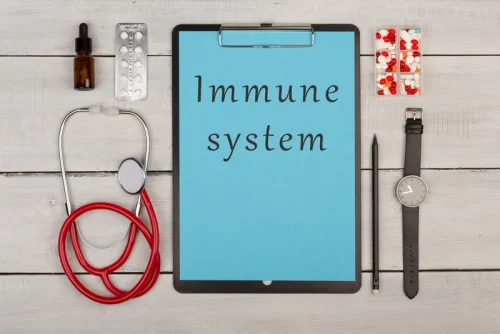
Feeling lonely in recovery while maintaining sobriety is tough, but the right strategies can help overcome negative thoughts and complex emotions. Ioana has a Ph.D. in Communication Sciences and has loneliness in recovery been a freelance writer for over ten years. Ioana uses her passion for psychology, research, and mental health to create reliable resources on various topics relating to addiction and treatment.

Whether in the workplace, in our neighborhoods, or in our social circles, fostering belonging is both possible and necessary. Without these informal moments of connection, we lose the sense of camaraderie that helps build belonging. Business owners and leaders are now tasked with finding ways to foster genuine connections in this new world of work.
LSNS was used as a measure of risk of isolation and included 10 items; three (3) items referred to family networks, three items (3) to friend networks, and four items (4) to confident relationships. Each of the items had a five-point Likert scale-type response, with the total adding up to a score between 0 and 50. A higher score on the LSNS represents greater risk of social isolation. Participants were categorized based https://ecosoberhouse.com/ on their LSNS score as low risk (0–20), moderate risk (21–25), high risk (26–30), or isolated (31–50). Bell and Walsh [37] conceptualized SIL among individuals experiencing homelessness as being driven by mainstream normative conceptions of homelessness and the stigma of homelessness. It can be difficult to understand who you are outside of your addiction and how to start living a fulfilling life without substances.

By practicing what you learn in your recovery program, you can ensure it becomes part of your lifestyle. BetterHelp can connect you to an addiction and mental health counselor. Exercise releases endorphins and dopamine to flood your brain and body with positive feelings. Loneliness is typically described as a negative feeling that brings you down. Exercise is a feel-good distraction that also improves your health. Getting regular exercise during the day is one of the best ways to keep your mood up.
You may be tempted to abuse substances to cope with feeling isolated from friends, family members or society in general. First, to ensure feasibility, the review exclusively included peer-reviewed articles published in English, French, and Spanish from the year 2000 onwards. This restriction could introduce publication bias and potentially omit relevant studies published in other languages or formats. Second, the review utilized a broad definition of both homelessness experience and health outcomes.
One of the best ways to prevent isolation during recovery is to stay active and healthy. Exercising helps improve your physical and mental health but also distracts from the monotony of self-isolating. An essential part of recovery is having a solid support system of family members, close friends, and loved ones to help you through tough times.

